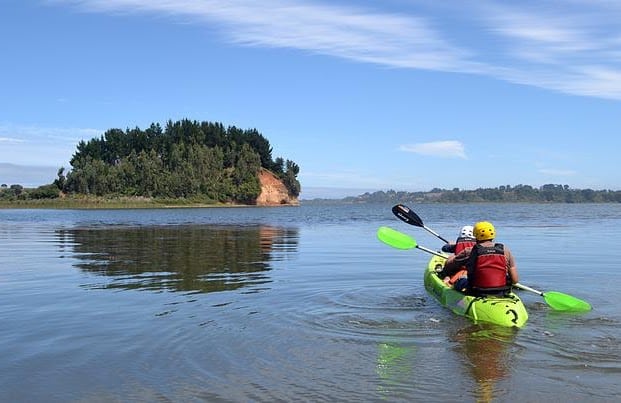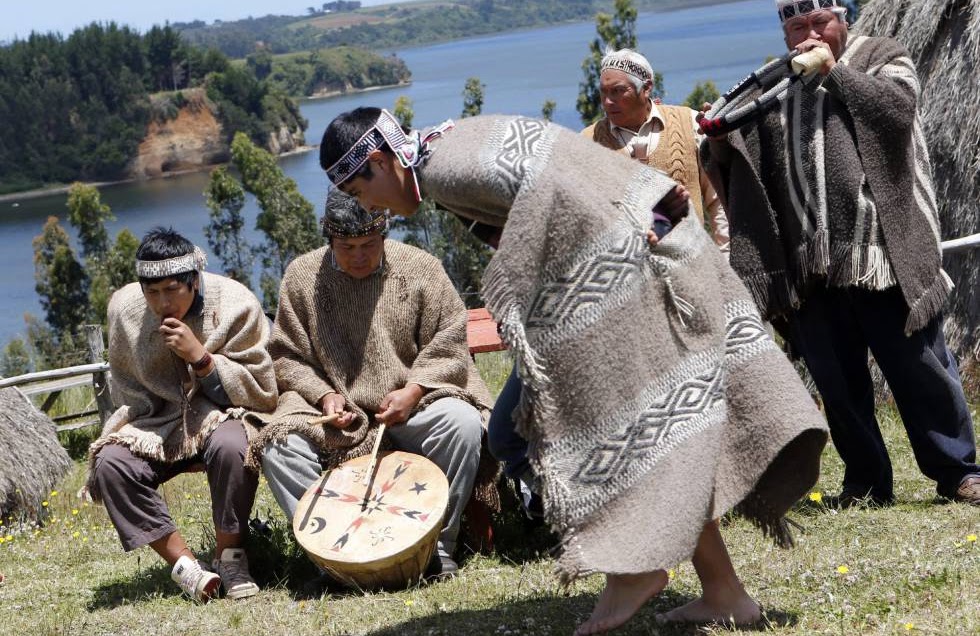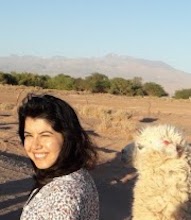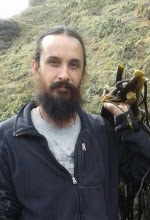Directors of MAPLE Microdevelopment Chile
Alison and Ignacio
ALISON GUZMAN & IGNACIO KRELL



January 21, 2021 - Zoom Show
February 18, 2021 - Zoom Show Follow Up

Alison Guzman - Chile
Director of MAPLE Microdevelopment Chile
Currently, I am the Country Program Co-Director of MAPLE Microdevelopment Chile, jointly with my partner Ignacio Krell. As the co-director of a team based in Wallmapu (Mapuche Ancestral lands), our effort is to apply decolonizing methodologies, where indigenous local knowledge and local wisdom-based systems are prioritized to enhance an integral part of co-designing community asset-management tools, including the Grupo de Apoyo Mutuo/Kelluwun. As a team, we are developing collaborative approaches to document, record, and share knowledge generated from this extensive process of co-designing community economic tools. I also manage our program´s international collaborative efforts while developing sustainable community-to-community philanthropy.
In my experience, I have learned of the importance of trial and error and realize that no model is perfect, just as long as there is a willingness to improve and respect community cultural protocols and traditional authorities. In the museum studies field, I am researching global native-led methodologies for cultural management and cultural spaces/museums in the digital age. My current research interests include the role of inventory in community asset management, identifying and measuring biocultural indicators and heritage, the role of cultural spaces and indigenous-led museums, and exploring cataloguing and cultural management methodologies for the development of indigenous cultural heritage within the context of indigenous commons.

Ignacio Krell - Chile
Co-Director of MAPLE Microdevelopment Chile
My work and studies with Mapuche communities began in 1999 in collaboration with Mapuche communities combining research and practice in different contexts: from activism against the flooding of ancestral lands by mega-dams in the Biobío, to community-based ecotourism, to community-led design of financial and environmental self-management tools. Jointly with my partner Alison Guzman, we co-founded in 2013 the MAPLE Microdevelopment Chile Program, in which I am Co-Director. Since 2012, I have been conducting most of my research and practice through Maple Microdevelopment Chile, a collective dedicated to co-designing tools for indigenous economic autonomy and resilience with a geographic focus on Mapuche-Lafkenche communities of Lake Budi, on the Pacific coast of Northern Patagonia. Working from this platform, we have been able to establish enduring collaboration with families and leaders of Lake Budi under the principles of relationship-building, experience-based mutual learning, strengthening local management capacities and teams, and expansive validation of indigenous protocols, authorities, values and economic practices. Since 2019, we are systematizing the learning processes involved in the indigenous-led codesign of Apoyo Mutuo, an innovative and uniquely Mapuche community finance tool in practice since 2014, initially through a Multidimensional Impact Assessment; and currently through designing a guiding toolkit for adaptive replication of methods, protocols and processes by other community practitioners. We have also been involved in creating a community-led strategy for regenerating native landscapes and wetlands through community-run tree nurseries, biocultural corridors and youth engagement in intergenerational knowledge revitalization, in collaboration with our sister organization, the recently created Budi Anumka Environmental Association.
My current research focuses on agroecological transition/scaling-up as a social praxis, institutional syncretism and co-design as a decolonizing methodology, tourism entrepreneurship in biocultural territories, community/alternative finances and commoning, and indigenous environmental history and knowledge, and more generally, environmental sociology, political ecology, agroecology, indigenous peoples, and critical development studies.
